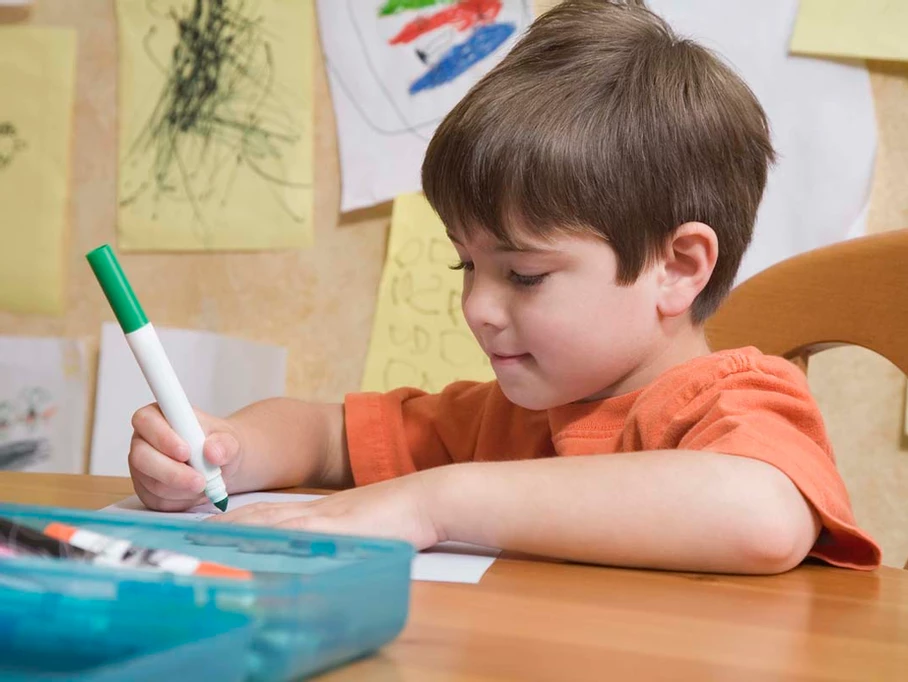We are all experiencing unprecedented times of turmoil and isolation which is bringing hardship and anxiety into our lives. If we, as adults, are feeling the trauma then we have to assume that our children are suffering anxiety also and, as children, they are less equipped to deal with the crisis that is affecting the world. We must go even one step further with children who are gifted and may also have learning difficulties.

Research has shown that gifted children have a strong sense of justice, and genuinely feel troubled by anything that is not right within their community and globally. Their anxiety is increased if they also have learning difficulties that may prevent them from expressing their feelings adequately.
Therefore, whilst any proposed schedules and activities will help parents to put into place a routine that may continue to support the ongoing learning development of your children, it is important to know that it is “OK” to abandon your schedule at any time, at least for a short time, if doing so provides the comfort and reassurance your child might need at any given moment . Your online activities, science experiments and academic schedule can and should, when necessary be put on hold and replaced by an activity you feel is more needed at the time.
It may feel appropriate to have a discussion about the global crisis with your child. Bringing the issues we all face into the open and finding possible ways of dealing with them, could make your child feel more hopeful and positive about the future. This could be transformed into a positive educational activity by using mind maps, lists of possibilities, for and against, names of people and professions who can help and so on. Brain storm ways your child might help the crisis if he were an adult during this time.
Find positive reports online, for example the environment thriving, if a country is finding fewer new cases, the number of people who are volunteering and there will be many more examples of good reports. Have your child highlight all the positive parts in different colours. Whilst it is important to allow everyone in your household to consider and express their fears, it is crucial to keep a positive spin on what is happening outside your four walls.
Make time to read with your child, and this is a good opportunity to co-read so that you read a page, they read a page and so on. Model the way you think the text should be read, especially if it is uplifting, and encourage your child to use similar voice projections to bring the text to life.